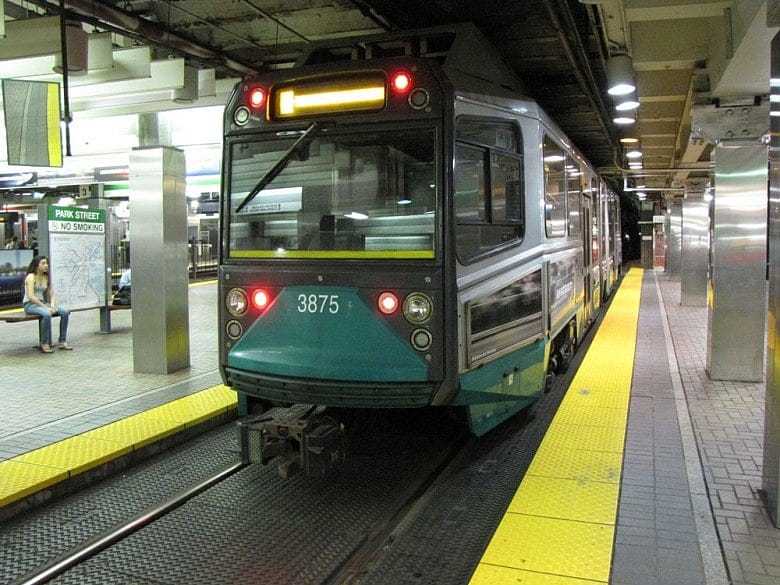Costs balloon on Green Line Extension, a Big Dig legacy

The Green Line Extension, one progeny of Boston's $15 billion Big Dig, took on a starker resemblance this week to its figurative parent when its estimated cost ballooned by as much as 50 percent.
The latest update from the Massachusetts Bay Transportation Authority shows the extension may consume about $3 billion, up from an estimated $2 billion in January. While almost $1 billion in federal money has been pledged to the project, the state may be on the hook for the rest. T officials have begun to discuss killing the long-delayed plan, listing that course of action among their cost-cutting options.

